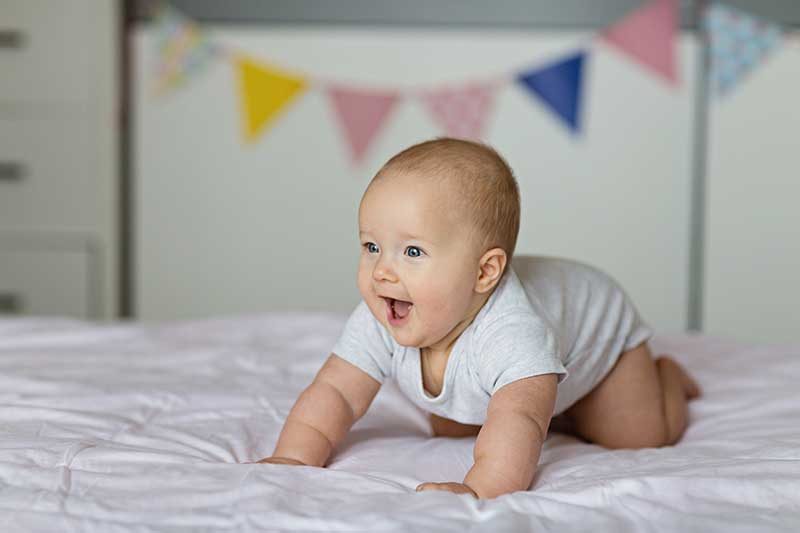The first year of a baby’s life is an exciting time full of rapid growth and several developmental milestones. Seeing these changes as a new parent can be both exciting and worrisome. Understanding what to expect and how to help your baby go through these stages can make the trip easier and more gratifying. Here’s an overview of the first year’s developmental milestones, as well as practical recommendations for parents to help their baby flourish.
First three months: waking up to the world
1. Smiling. One of the first big milestones to look for is the sociable grin, which usually appears between six and eight weeks. This is when your infant starts smiling in response to encounters, rather than reflexively.
2.Cooing: About the same time, newborns begin to coo. This early form of communication allows your infant to engage with and explore their voice.
Tips: To foster these behaviors, engage with your infant by talking and smiling back. Such connections are critical as infants learn to understand and engage in social situations.
Four to six months: Exploration and Reaction
1. Rolling Over: By four to six months, most newborns have developed the strength to roll from their stomach to their back and vice versa.
2. Laughter: As your baby begins to find things humorous, you will hear the pleasant sound of their laughter.
Tips: Allow enough of supervised tummy time to help build their neck, back, and arm muscles. This is also an excellent time to employ toys and humorous noises to promote laughter and happiness.
Seven to Nine Months: Developing Independence
1. Sitting Up: During these months, newborns typically learn the strength and balance to sit up alone.
2. Crawling: Although the age varies, most newborns begin to crawl by the end of this phase. Crawling can be done on all fours, scooting, or shuffling on your bum.
Tips: Create a safe atmosphere for your infant to explore. Use pillows to assist them while they learn to sit, and sweep the floor to encourage crawling.
Ten to Twelve Months: The Pre-Toddler Stage
1. Standing: Babies start pulling themselves up to stand on furniture, demonstrating their increased leg strength.
2. First Words: Although it varies significantly, some newborns may begin to pronounce simple words like “mama” or “dada” before their first birthday.
Tips: Encourage your baby to stand by playing activities that require standing and using baby-safe furniture to pull up on. Talk to your infant frequently and read books to help him or her learn to speak.
Enhancing Development via Play and Interaction
Throughout these stages, the greatest approach to help your baby develop is through play and good interaction. Encourage each new ability with repetition and appreciation. Safety is vital, so ensure that your baby’s exploring place is secure.
Each baby develops at their own rate, so while these milestones serve as a guideline, the most important thing is to enjoy the process of discovery and connecting with your baby over the first year. Regular pediatric appointments are vital for monitoring your baby’s development and addressing any issues. Remember that the first year is about more than simply physical growth; it also lays the groundwork for emotional and cognitive development.
